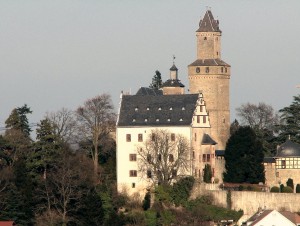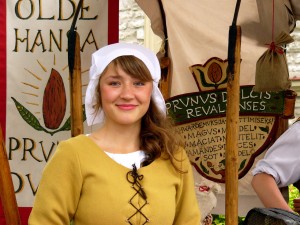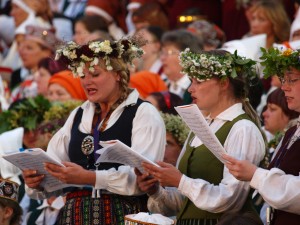Baltic Region Travel
A fabulous vacation in… Latvia?
That’s right: although conventional wisdom might not suggest the Baltic Region as high-ranking on the world’s must-see destinations, intelligent and thoughtful travelers find the Baltic Region to be a fascinating destination.
Scandinavia
North of the Baltic Sea are the nations of Scandinavia – Norway, Sweden, and Finland, as well as Denmark to the southwest. Vastly important in the history of Europe, Scandinavia is filled with important historic sites, including several impressive UNESCO World Heritage sites. Among these World Heritage sites, the inquisitive traveler will appreciate:
Denmark’s Jelling Mounds, where 10th century burial mounds, runic stones, and a historic church near Jutland.
Denmark’s Kronborg Castle, which is the setting of Shakespeare’s famous play “Hamletâ€.
 credit
credit
Norway’s prehistoric paintings in the far north at the Rock Art of Alta.
Sweden’s Hanseatic town of Visby, on the island of Gotland.
Finland’s Fortress of Suomenlinna, one of the most popular attractions in Helsinki.
When visitors get tired of the sites of cultural significance in Scandinavia, they still have plenty of natural wonders to tour, including whale watching and Norway’s Aurora Borealis.
Estonia
Bordering the Baltic Sea on the northeast is Estonia, a small nation that has been used as a pawn in international affairs since the days of ancient Rome. Over the centuries, the nation has been ruled by Denmark, Sweden, Russia, and alternately by the Soviet Union and the Third Reich. In 1991, Estonia finally became its own nation once again, and since then its economy has been named one of the fastest growing economies in the world.
All of these changes over the centuries makes Estonia a fascinating destination for tourists. Its cities represent a blend of different architectural influence over centuries of development, and its natural landscapes rival the natural wonders in any northern European nation.
 credit
credit
Latvia
South of Estonia is Latvia, another nation that is only recently coming into its own. Like Estonia, Latvia has changed hands many times over the centuries, and was occupied by Russian forces until 1994. Only a decade later, Latvia joined both NATO and the European Union. Today, Latvia is a mix of native Latvian speakers (Latvian and Lithuanian are the only two surviving Baltic languages of the Indo-European language family) and Russophones, and the culture too resembles in turns both Russian and Estonian cultures.
Students of European history will be interested to know that there are a surprising number of castles in Latvia, relative to its small size. Vikings used Latvia as a jumping-off point for trade routes that led deep into Russia and Byzantium, so remnants of Viking castles and archaeological sites still dot the Latvian landscape.
 credit
credit
Other Nations to Visit in the Baltic Region
Besides the countries listed above, the Baltic region also includes Lithuania, Poland, and parts of Russia. Each of these nations has played a key role in European history, both ancient and modern, and each also has its share of natural wonders to visit. In Lithuania, the capital Vilnius has been named the European Capital of Culture for 2009; in Poland, take a somber but meaningful tour of Auschwitz; and in western Russia, who could skip the magnificent city of St. Petersburg, Russia’s cultural capital?
For the adventurous and creative world traveler, Europe’s northern and eastern nations bordering the Baltic Sea are hidden treasures waiting to be discovered.